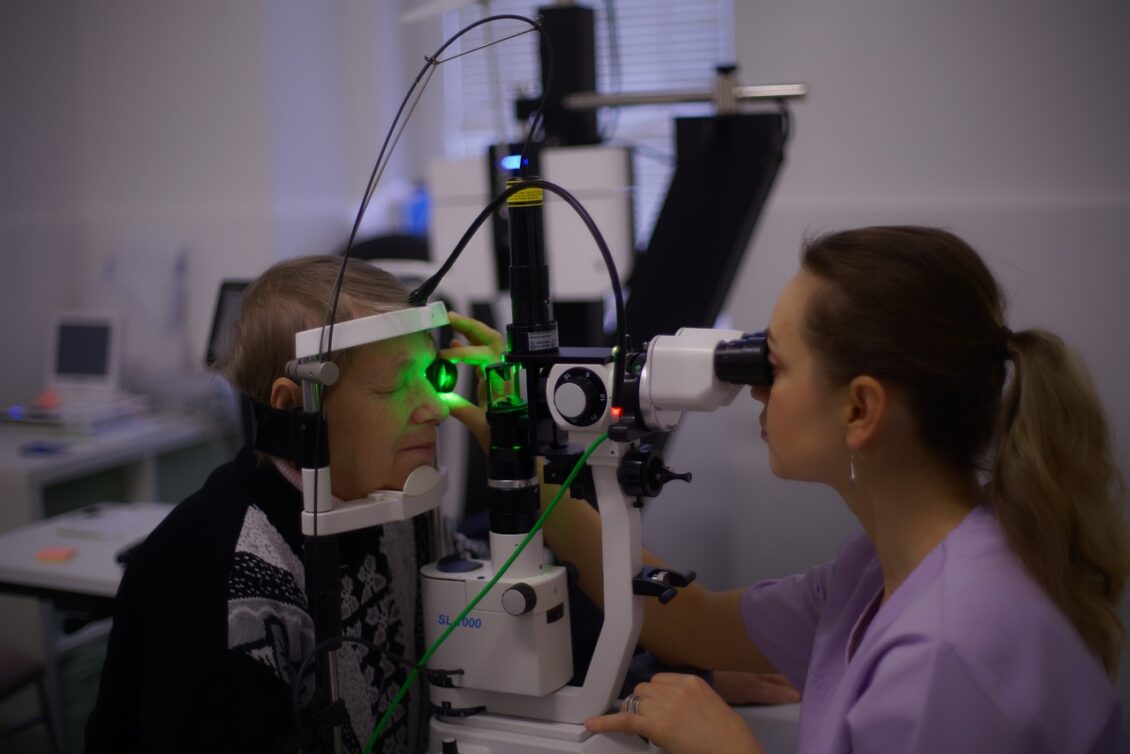Living in remote parts of Wales can be challenging. Access to basic facilities, such as a shop or doctors’ surgery, can be restricted, and some things people take for granted can be a chore for people. Indeed, nearly 20% of the Welsh population live in a community of fewer than 1,500 people. Those areas are often not served by some of the most basic outlets, such as opticians. When you combine that with the fact that 111,000 people are living in Wales with sight loss, a figure expected to double by 2050, it presents a significant problem.
With that in mind, we’ve put together a three-step guide to accessing eye care facilities and help in Wales and how you can do so without travelling to a big city or town.
Funding
Accessing funding for eyecare in Wales is easy and can be done remotely. The NHS website, which serves the whole UK, has guidance on what can be claimed and by whom. Living remotely isn’t something you can claim for on its own, but if you live remotely and cannot get out, for instance, if you have a disability or carer, then there are options for you.
Also, remote villages often suffer from low employment, and rural communities in Wales have a higher level of poverty than towns and cities. If you fall into that category, there’s also help available. Visit the NHS website to find out if you’re able to claim for eye tests and optical vouchers.
Tests
Getting an eye test can be a challenge – opticians are often found in towns and cities but not rural communities. If you’re unable to travel, this can limit your options significantly. That means you may need to avail the services of a domiciliary optometrist, which is someone who will come to your house and conduct an eye test for you.
This is a service that has recently seen a cut to funding, impacting some of Wales’ most vulnerable citizens, but it hasn’t been withdrawn completely. Again, simply living remotely isn’t a trigger for access to the facility, but if you have mobility issues, disabilities or carers, then you can apply for a visit. The NHS website will once again be your first port of call.
Glasses
Buying glasses is another issue for those who live remotely – even smaller towns with opticians often can’t carry a huge range of frames. However, online services have made buying prescription glasses much easier. Many sites now allow you to enter your prescription details and have glasses delivered without leaving the house. This is a service available to everyone, and most suppliers also accept vouchers, which may have come as part of funding and help.
Even choosing glasses from home has become easier. In addition to augmented reality allowing you to try on frames virtually, there are servives that allow you to order frames to your house, try glasses on at home and return the frames after seven days. This is a no-obligation service that lets you assess the fit of the frame and the aesthetic before the supplier puts your prescriptions in. It offers a degree of peace of mind before ordering and applies to a wide range of frames, including those from designers such as Ted Baker and Marc Jacobs.
Conclusion
Nothing quite beats going into a shop for an eye test, selecting glasses and picking them up, but whilst that is straightforward in Swansea and Cardiff, elderly people or those with mobility issues living in places such as Cwn Irfon or Llwydiarth are not so lucky. That’s why the services we’ve explained here are so vital, to help people there have the same choices and solutions as their big city counterparts.








Leave a Reply
View Comments